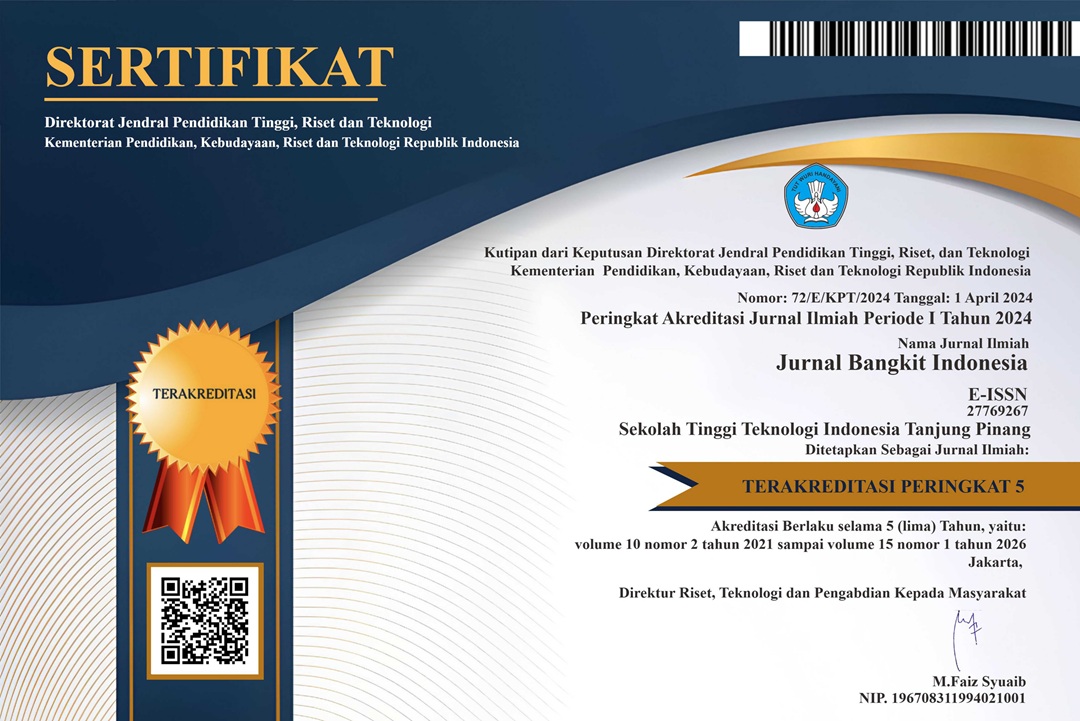Analisis Kualitas Aplikasi Aku Pintar Dengan Menggunakan Framework ISO/IEC 25010
Abstract
Aku Pintar is one of the EdTech references that aims to empower the education ecosystem and improve the quality of human resources in Indonesia. Evaluation of the quality of the Aku Pintar application system is one way that needs to be done to assess and test the level of usability or functionality in identifying specific problems with the system. The measurement model that has been validated is ISO/IEC 25010 which has eight indicators covering usability, portability, performance efficiency, functional suitability, maintainability, compatibility, reliability, and security. This research was conducted using quantitative data analysis methods, validity and reliability tests using the Statistical Package for the Social Sciences (SPSS). The sample method used in this research is simple random sampling method and from slovin calculation of the number of Aku Pintar application users, the population taken is 100 respondents. The results of testing the level of application quality with the framework ISO/IEC 25010 product quality model obtained decent results with the lowest percentage, 68% for the compatibility indicator, the performance efficiency indicator was 71%, the security indicator was 74%, the reliability indicator was 75%, the maintanbility indicator 81%, then the functional suitability and usability indicators have the same percentage of 82%, then the largest percentage of portability is 91%. After obtaining the results of the percentage of the quality of the Aku Pintar application, a suggestion for improvement is made for the application so that in the future the application is better at increasing user satisfaction.
.
Keywords— Aku Pintar, analyze, quality, iso/iec 25010, product quality
Copyright :
Authors who publish their manuscripts in this Journal agree to the following conditions:
The copyright for any article in the Jurnal Bangkit Indonesia by LPPM STT Indonesia Tanjung Pinang is licensed under Creative Commons Attribution-NonCommercial-ShareAlike 4.0 International
The author acknowledges that Jurnal Bangkit Indonesia has the right to publish for the first time with a Licence Creative Commons Attribution-NonCommercial-ShareAlike 4.0 International License / CC BY-NC-SA 4.0
Authors can enter writings separately, arrange non-exclusive distribution of manuscripts that have been published in this journal into other versions (eg sent to the author's institutional repository, publication in a book, etc.), by acknowledging that the manuscript has been published or the first time in the Jurnal Bangkit Indonesia
Licence :
Jurnal Bangkit Indonesia published under the terms of a Creative Commons Attribution-NonCommercial-ShareAlike 4.0 International License / CC BY-NC-SA 4.0 This license permits anyone to to distribute, remix, adapt, and build upon the material in any medium or format for noncommercial purposes only, and only so long as attribution is given to the creator. If you remix, adapt, or build upon the material, you must license the modified material under identical terms.












